Category: Primary (5-11)
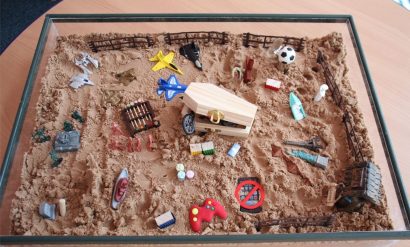
Trusting play to be meaningful data: using sand tray as a play-based research method with an adapted interpretative phenomenological analysis
27 March 2025
PEDAL PhD student Sydney Conroy explores using play itself as data for the purpose of research.
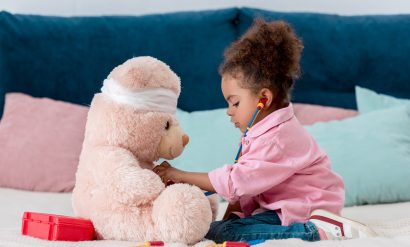
Fostering the psychological wellbeing of children diagnosed with cancer: Multidisciplinary insights in paediatric oncology
18 February 2025
PEDAL PhD student Paulina Perez-Duarte Mendiola contributed to this paper which was published last month in the Psycho-oncology section of Frontiers in Psychology.
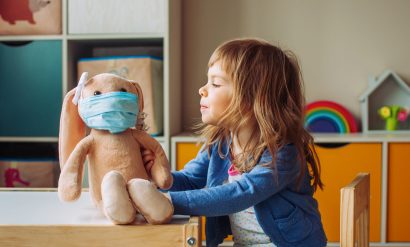
It’s a Pandemic in the Playborhood: An International Perspective of Play Therapists on the COVID-19 Pandemic
7 January 2025
The COVID-19 pandemic, lockdowns and beyond, impacted many professions and workplaces, including therapists and their therapy rooms.
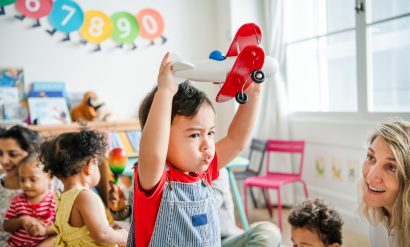
Supporting Learning Through Play
11 December 2024
A Play Commission Submission by Dr Soizic Le Courtois, Manogya Sahay and Qiming Liu
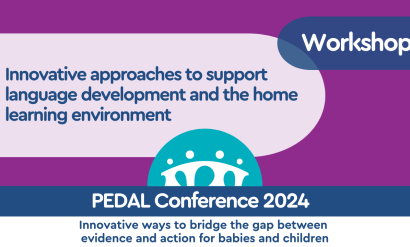
Innovative approaches to support language development and the home learning environment
3 December 2024
In this PEDAL Conference 2024 recording, Prof Jenny Gibson presents her research findings that demonstrate the connections between a high-quality early language and communication environment in the home and children’s later school readiness and literacy outcomes in key stage 2.
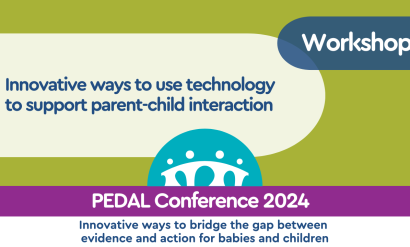
Innovative ways to use technology to support parent-child interaction
3 December 2024
In this PEDAL Conference 2024 recording, Rob Hughes presents Tandem - a ground-breaking app which uses AI to support active engagement between parents and children, and Eloise Stevens and Nesta's Lauren Liotti and Zhen Rao talk about PEDAL’s Playtime with Books programme.

What is a common elements approach?
27 November 2024
This short animation explains what a common elements approach is, and why PEDAL are using it in our research.
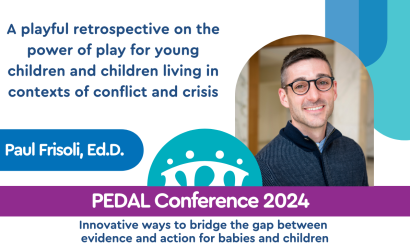
A playful retrospective on the power of play for young children and children living in contexts of conflict and crisis
27 November 2024
In this PEDAL Conference 2024 keynote, Paul Frisoli playfully reflects on the last 5 years of The LEGO Foundation funding in humanitarian settings.

The Oxford Brain Story: Embedding an understanding of the importance of the early years
22 October 2024
In this PEDAL Conference 2024 keynote, Louise Dalton presents her programme of work entitled the Oxford Brain Story.
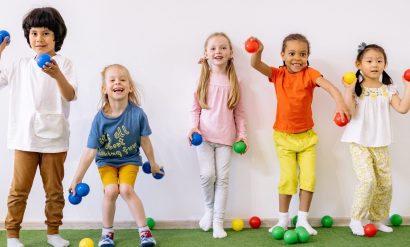
Infographic on Children’s Executive Functions
9 October 2024
This infographic on executive functions can be shared with ECD practitioners, teachers, parents, caregivers, health professionals, and anyone else interested in children’s cognitive development.
